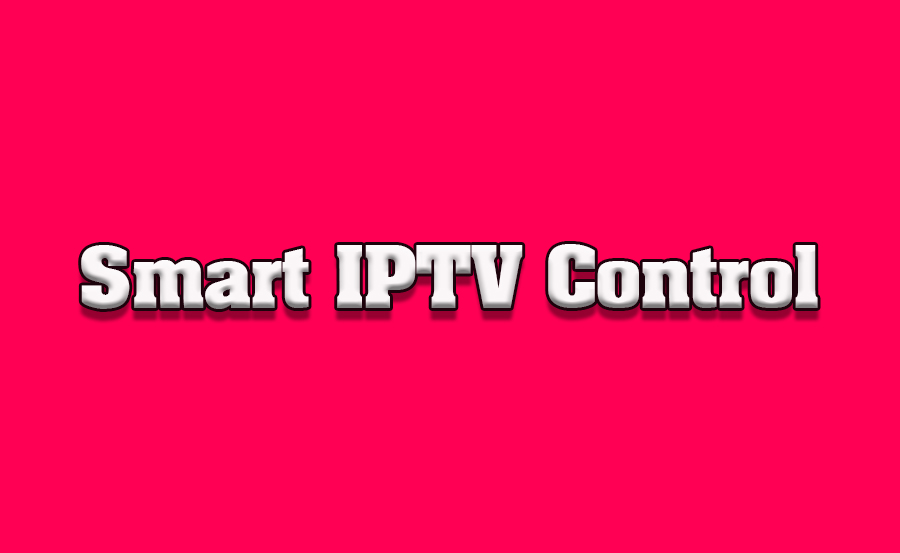The convergence of IPTV (Internet Protocol Television) and smart home technology has revolutionized how we experience entertainment at home. With smart home assistants like Amazon Alexa, Google Assistant, and Apple’s Siri becoming household staples, their integration with IPTV platforms has unlocked new levels of convenience, control, and personalization. By leveraging these technologies, users can elevate their IPTV streaming experience, making it not just a passive activity but an interactive and intuitive one. Here’s how smart home assistants enhance IPTV streaming and why this combination is shaping the future of home entertainment.
Buy 1 Year IPTV and Enjoy Unlimited Content
Smart home assistants bring voice control capabilities to IPTV streaming, allowing users to navigate content effortlessly. Instead of fumbling with remotes or navigating complex menus, viewers can simply use voice commands to change channels, search for shows, pause playback, or adjust volume. For instance, saying, “Alexa, play the latest episode of [show name]” or “Hey Google, turn on the news channel” simplifies interaction and makes the experience more seamless, especially for busy households.
Another significant advantage of integrating smart home assistants with IPTV is personalized content recommendations. These assistants are powered by artificial intelligence and can learn user preferences over time. When paired with IPTV platforms, they can suggest shows, movies, or live events based on viewing habits, ensuring users always have access to content that aligns with their tastes. This feature not only saves time but also introduces users to new genres or programs they might not have explored otherwise.
Smart home assistants also enhance multi-room IPTV setups. For homes with multiple IPTV-enabled devices, assistants can synchronize streaming across different rooms. For example, you can start a movie in the living room and continue watching it in the bedroom without missing a beat. Commands like “Play this on all devices” or “Move playback to the kitchen” make transitioning between spaces effortless and practical.
Another exciting feature is smart scheduling and reminders. With a smart assistant, users can set reminders for live events, sports games, or show premieres on IPTV. The assistant will notify the user when it’s time to tune in, ensuring they never miss their favorite programs. Additionally, features like integrated calendar synchronization allow assistants to recommend shows or movies based on the user’s available time, making content consumption more convenient and tailored.
The integration of smart home assistants with IPTV also opens up opportunities for automation. For instance, users can create routines where turning on the IPTV system triggers other smart devices in the home. Saying, “Hey Siri, movie night,” could dim the lights, lower the smart blinds, and switch on the IPTV to the designated channel or streaming service. These automation capabilities create a more immersive viewing environment and elevate the overall entertainment experience.
For families, smart home assistants offer enhanced parental controls for IPTV streaming. By setting voice-based restrictions, parents can limit access to certain channels or content types. Assistants can enforce these controls automatically, ensuring children only access age-appropriate programming without requiring constant supervision.
Smart home assistants also improve accessibility for users with disabilities. Voice commands eliminate the need for physical remotes, making IPTV platforms more inclusive. Features like voice-to-text search, screen narration, and hands-free operation ensure that everyone, regardless of ability, can enjoy IPTV content comfortably and independently.Reviewing IPTV Services with Frequent Updates
The integration process for smart assistants and IPTV platforms is straightforward. Most IPTV services provide compatibility with leading smart assistants through apps or built-in features. Users simply need to connect their IPTV device to their smart assistant, either via a mobile app or through the device’s settings menu. Once connected, they can begin issuing commands and exploring the assistant’s full range of features.
However, as with any technology, security and privacy should be prioritized. Users should ensure their devices are updated with the latest firmware to protect against vulnerabilities. Additionally, reviewing privacy settings on both IPTV and smart assistant platforms can help safeguard personal data and prevent unauthorized access.
In conclusion, the fusion of IPTV streaming and smart home assistants is transforming home entertainment, making it smarter, more intuitive, and deeply personalized. From voice controls and multi-room synchronization to automation and accessibility, this integration enhances every aspect of the viewing experience. As these technologies continue to evolve, they promise even more innovative features that will redefine how we interact with entertainment systems. By adopting IPTV and smart assistants, users can embrace the future of streaming today.
Understanding IPTV Protocols: IPTV vs. OTT vs. Cable

